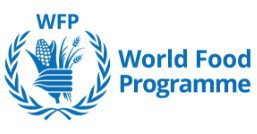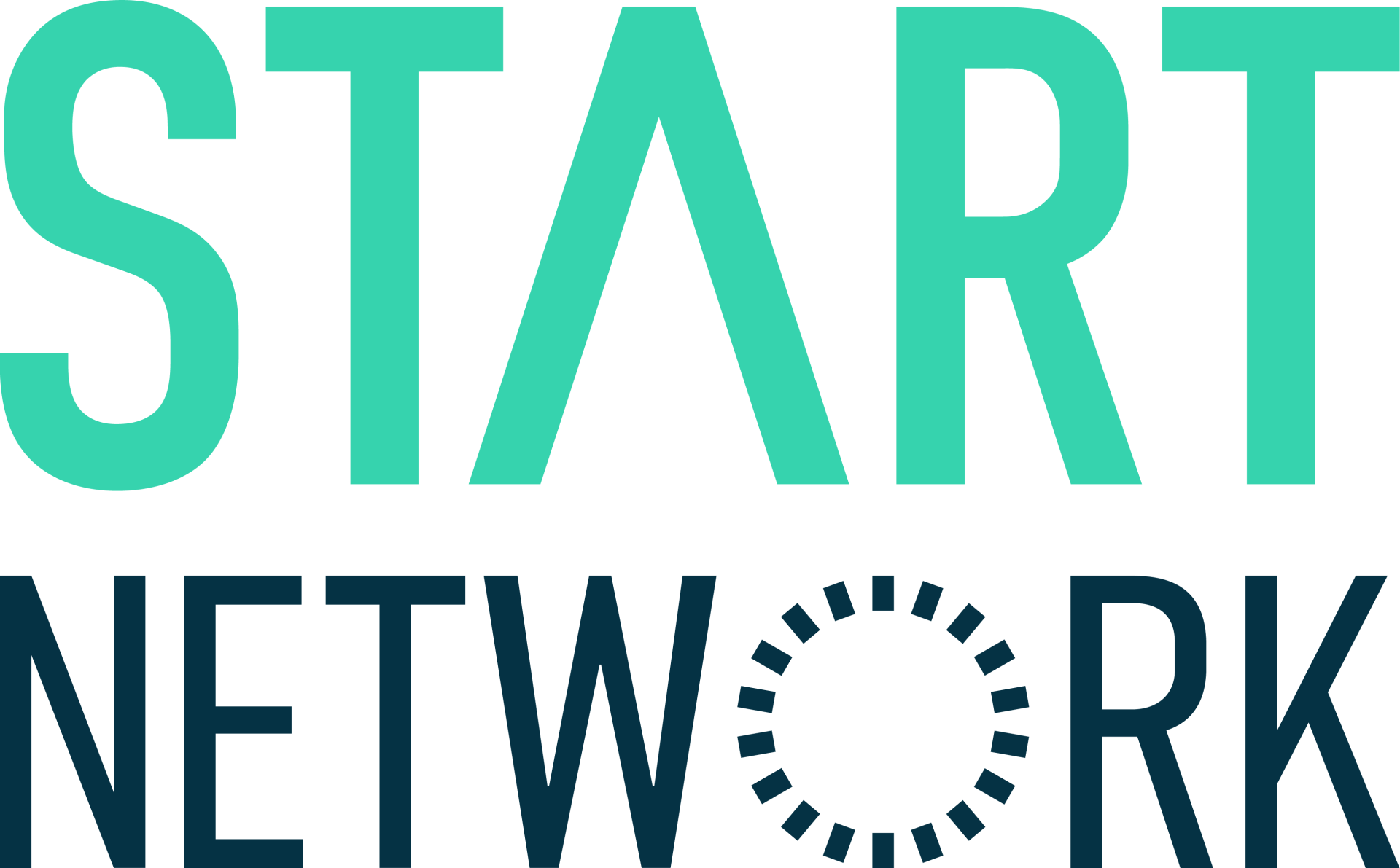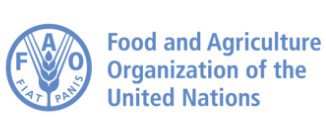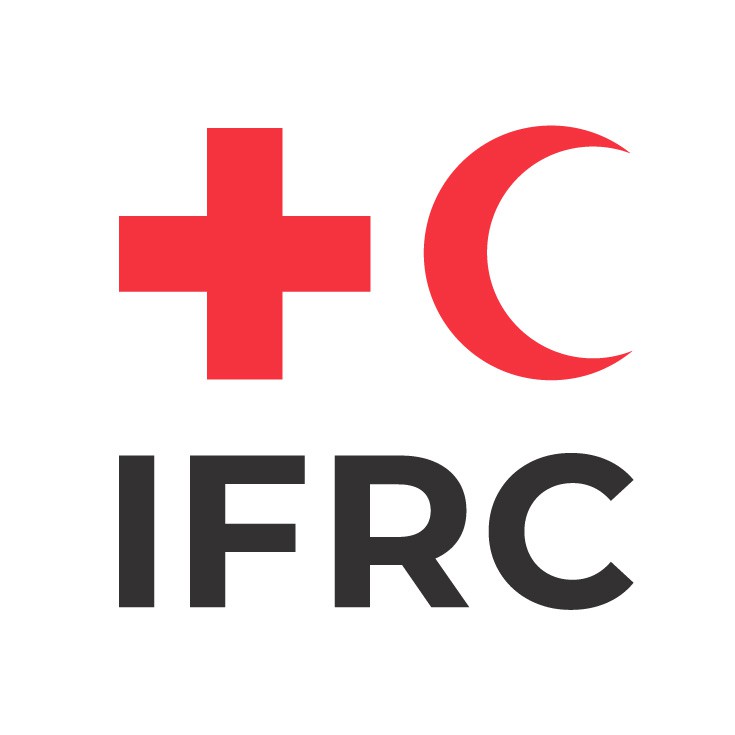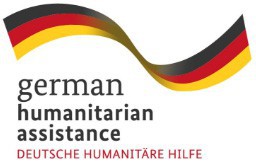Welcome to the 11th Global Dialogue Platform on Anticipatory Humanitarian Action!
The 11th Global Dialogue Platform on Anticipatory Humanitarian Action will take place as a hybrid event from 10 - 12 October 2023. There will be an in-person conference and live studio in Berlin, Germany, as well as virtual sessions involving participants from around the world. This year’s event will be held under the theme ‘People at the centre: scaling up anticipatory action’.Building on the outcomes from last year’s event, Participants will come together for the following objectives:
- Discuss how to drive anticipatory action forward, through increasing the reach of this approach, improving its quality, engaging new stakeholders in its implementation and development
- Strengthen synergy across key initiatives supporting the early warning and early/anticipatory action value chain
- Define its impact and determine the next steps as we continue to scale up anticipatory action as a growing community.
The Global Dialogue Platform is hosted by the Anticipation Hub, a joint initiative of the German Red Cross, the International Federation of Red Cross and Red Crescent Societies (IFRC) and the Red Cross Red Crescent Climate Centre. It is being organized in collaboration with the Food and Agriculture Organization of the United Nations (FAO), the World Food Programme (WFP), Start Network and the United Nations Office for the Coordination of Humanitarian Affairs (OCHA), with support from the German Federal Foreign Office.



